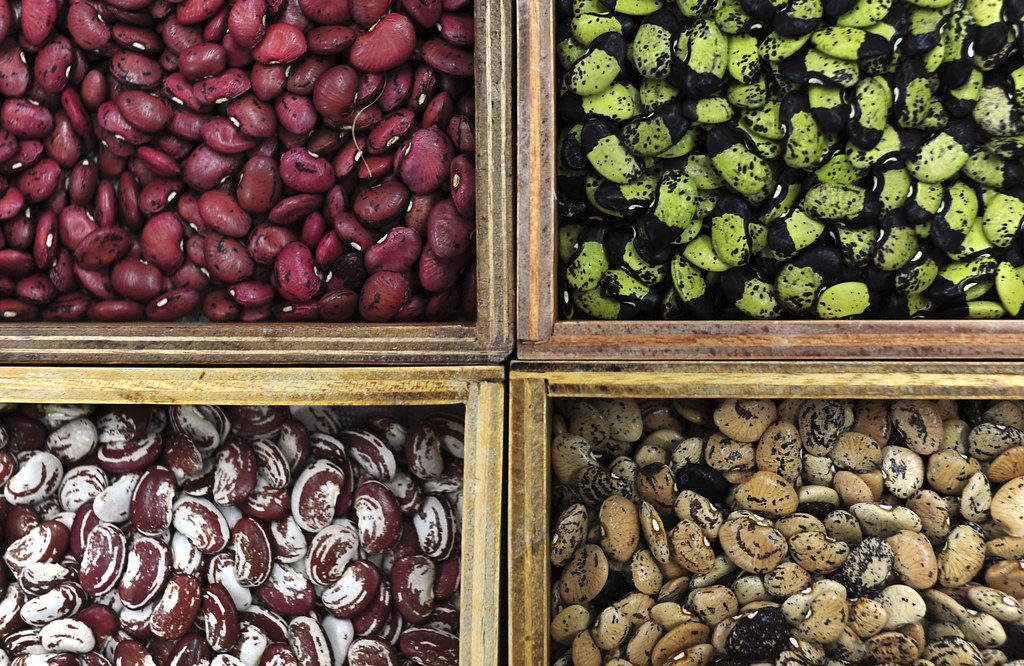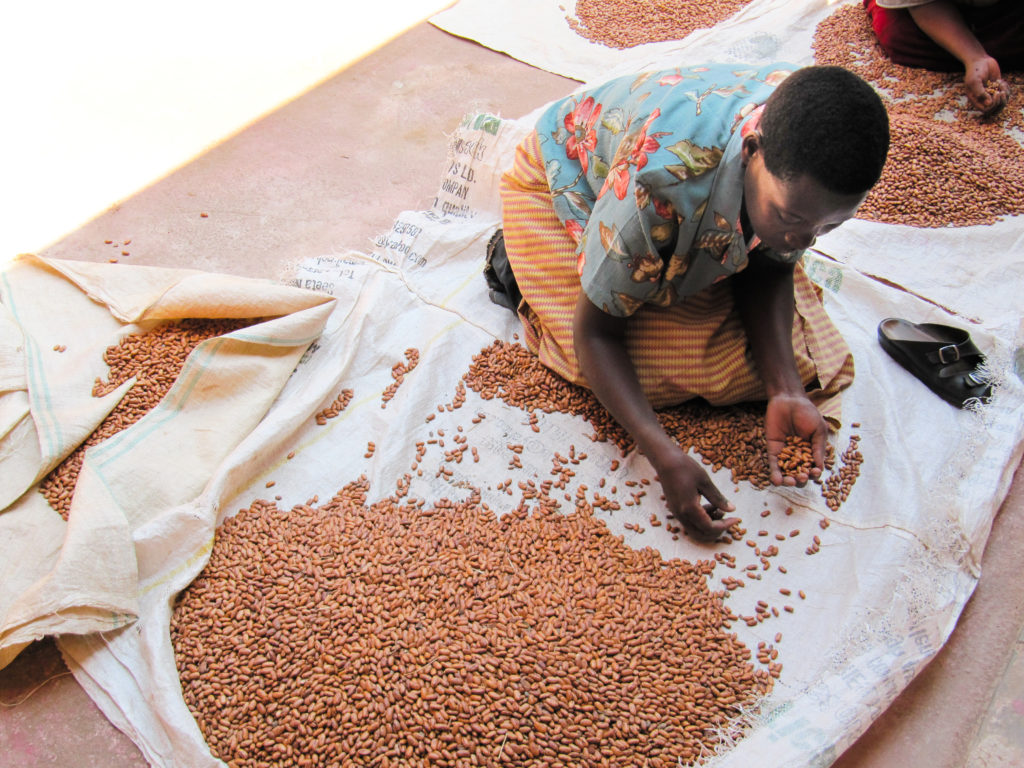Fat cats – what can they tell us about human obesity, and vice versa?
It’s estimated that between a third and two thirds of pet cats are overweight, depending on the assessment method used. Cats suffer from obesity and diabetes mellitus in ways that are very similar to the obesity and type 2 diabetes found in humans. But can these similarities tell us anything useful about how to tackle…
How countries around the world are leveraging agriculture to improve nutrition
By Shenggen Fan, Sivan Yosef, and Rajul Pandya-Lorch This blog post is the third in a 3-part series accompanying the release of the book Agriculture for Improved Nutrition: Seizing the Momentum, co-edited by Shenggen Fan, Sivan Yosef, and Rajul Pandya-Lorch (co-published by CABI Publishing and IFPRI). The book was launched at a Feb. 28 event…
Growing agriculture: nutrition community points the way to achieving SDG2 by 2030
By Shenggen Fan, Sivan Yosef, and Rajul Pandya-Lorch The Sustainable Development Goals (SDGs) have launched a race to transform our world for the better little more than a decade from now. The goals are idealistic, setting a high bar for every aspect of quality of life, from health and education to gender equality and climate…
Chocolate Made in South Africa for homesick Brits?
This blog is about the weirdness of global trade… and the lengths (literally) we go for chocolate. The wrapper on my Marks & Spencer (M&S) valentine chocolates read: “Made with our exclusive British Milk chocolate recipe, Made in South Africa”. Incredibly, it seemed that a firm in South Africa (SA) was targeting local people with…
If I ruled the world…
On the way home yesterday I was musing about the UN summit on non-communicable diseases (NCDs) happening next week. If I was in charge what would I do? As we are dealing with limited resources in many countries, prevention could achieve more than concentrating on cure. What I’d do about NCDs would be to ban…
Please can I have some more?
Pets may be able to negotiate with their owners over what, when and how much they are fed. This is the view of Jon Day of the Waltham Centre for Pet Nutrition, based in part on evidence of how human babies “ask” for food before they can talk. Analysing these interactions may help avoid obesity…
The Environmental Impact of NutritionandFoodSciences…dot org
We’ve explored obesity in many different forms during the course of this year and if you’re a regular Handpicked reader (enter your email in the box on the left and click on ‘subscribe’ to become one if you’re not already), you’ll by now be well aware of a recurring theme in our nutrition posts. Energy.…
Intellectual activity blamed for obesity epidemic
Its becoming a hobby of mine, spotting odd reasons for the obesity epidemic. Here’s the latest: don’t read the next bit too closely and certainly don’t analyse it because the intellectual activity could be bad for your body weight. That’s what a study in Psychosomatic Medicine suggests at first glance.
Obesity & Diet -a new twist
It’s not what you eat but what your mother eats that could set your bodyweight, suggest scientists at Baylor College of Medicine. Robert Waterland and colleagues studying mice with a genetic tendency to overeat found that successive generations of the mice became fatter. This increasing obesity was prevented by a diet rich in folate and…
Nutrition at the extremes of life
The Rank Prize lecture yesterday afternoon was a very interesting romp through the world of public health nutrition with Professor Ricardo Uauy. A difficult name to pronounce for many of us non-Spanish speakers (he’s originally from Chile), but a clear message at least. Nutritionists need a common vision, a common mission to work towards. Together.



